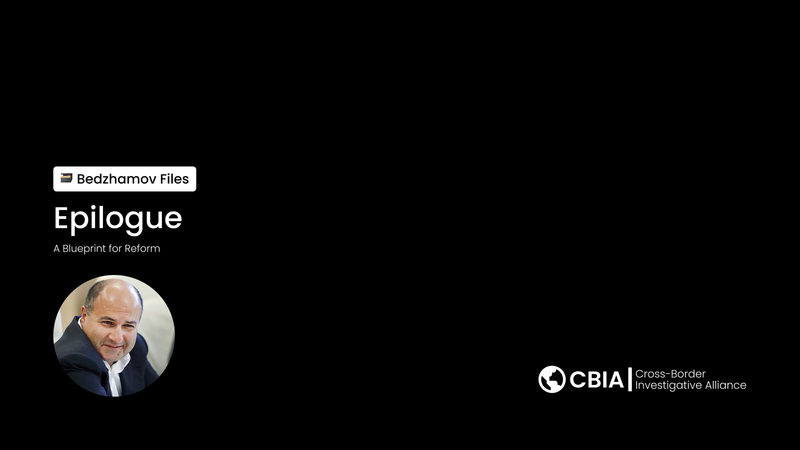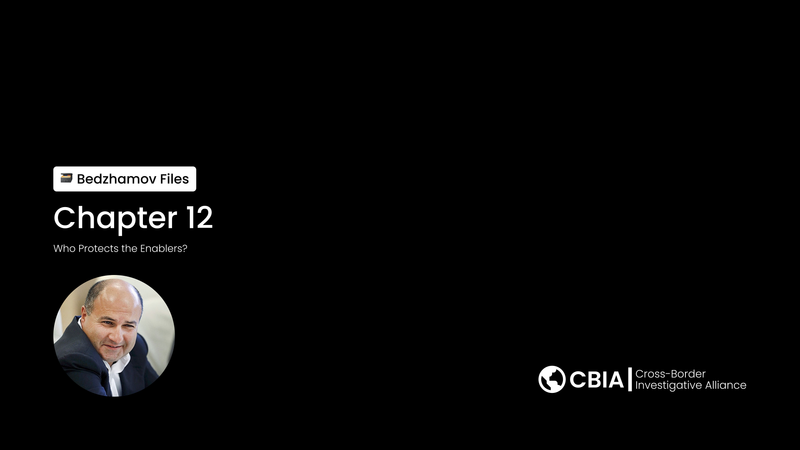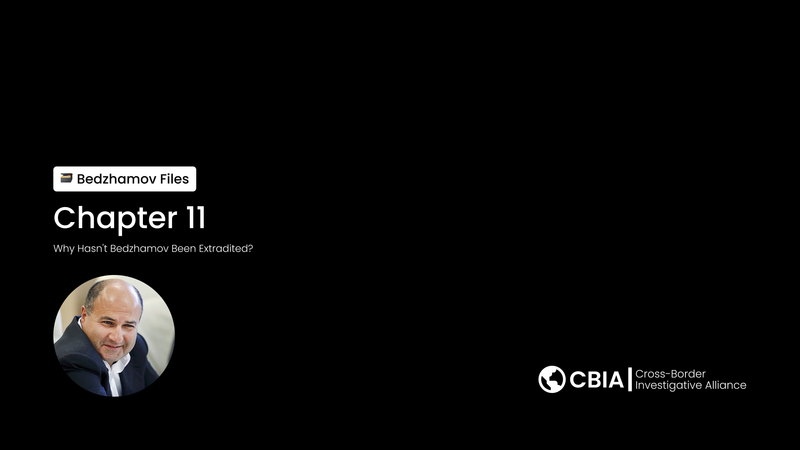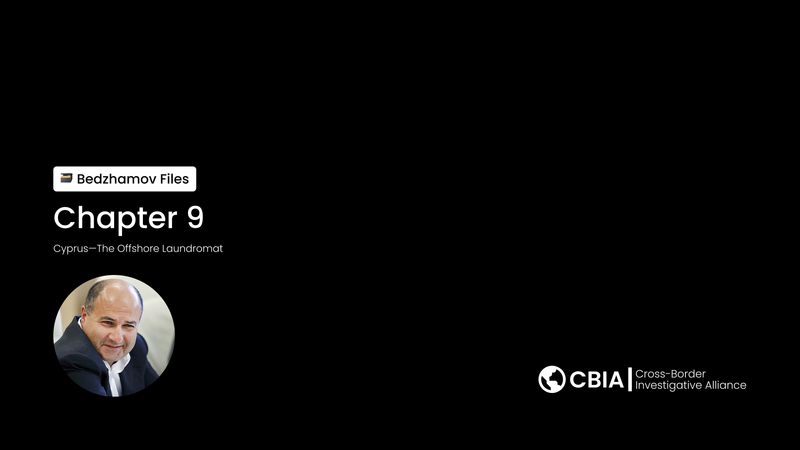Chapter 10: London's Dirty Secret
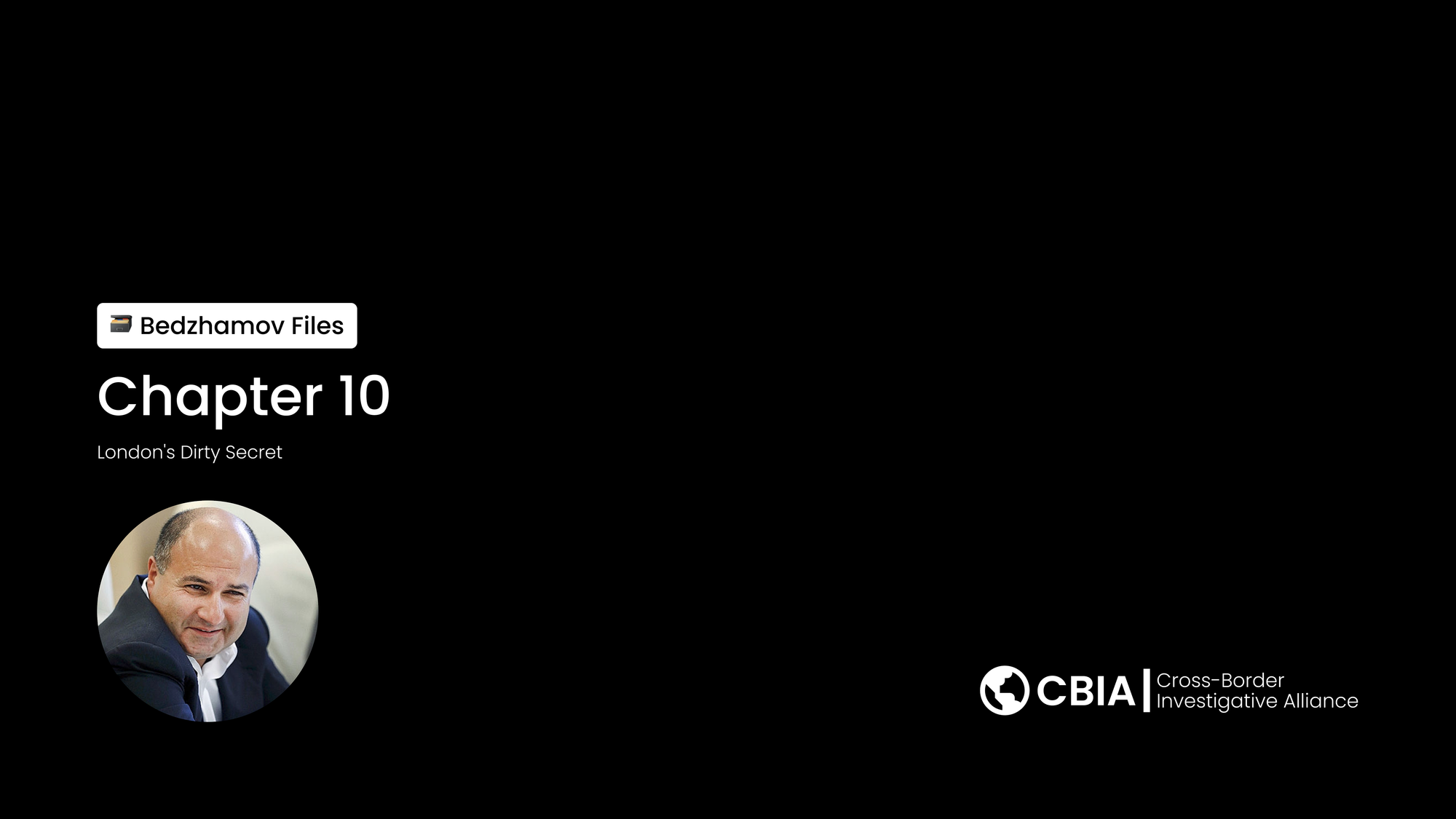
While Cyprus served as the initial gateway for funds flowing out of Vneshprombank, London emerged as the ultimate destination for much of this wealth—and later as Bedzhamov's personal sanctuary from Russian justice. The British capital's role in this saga illuminates how one of the world's most respected financial centers continues to serve as both a safe haven for questionable wealth and a legal battleground for recovering it.
"London is where Russian money goes to be cleansed," explained a former UK financial intelligence officer. "It arrives as an investment in prime real estate, exits as a respectable asset class housed in immaculate legal structures. The city doesn't just shelter the money—it transforms it."
At the center of Bedzhamov's London presence stands a property that epitomizes this transformation: 17 Belgrave Square, situated in one of the capital's most prestigious addresses. This substantial property, worth an estimated £35 million [2], became a focal point in the ongoing litigation, with the UK High Court noting that "part of those recoveries include the proceeds of sale from Mr Bedzhamov's interest in a property at 17 Belgrave Square and 17 Belgrave Square Mews, London, SW1X 8PG" [1].
The property was not held directly in Bedzhamov's name but through a complex ownership structure involving offshore entities. This arrangement—commonplace among high-net-worth international property buyers in London—makes establishing true beneficial ownership extraordinarily difficult for investigators and creditors.
A 2023 Chatham House report highlighted that approximately 50% of high-value properties owned by Russians in London are held through offshore structures, creating significant barriers to both transparency and asset recovery efforts. These arrangements exploit weaknesses in the UK's property registration system, which until recent reforms required minimal disclosure of the individuals behind corporate owners.
The appeal of London property extends beyond simple wealth preservation. The UK real estate market has historically offered both strong appreciation potential and remarkable stability. Even more importantly, UK property ownership confers a form of respectability and social access that other investments cannot match.
"Owning a London address like Belgrave Square isn't just about housing—it's about entry into a social milieu," explained a property consultant who specializes in ultra-high-net-worth clients. "It signals arrival at a certain level of global elite status. This social dimension is as valuable to many clients as the investment potential."
For Bedzhamov, London offered additional advantages beyond property investment. The UK's legal system—particularly its approach to extradition requests from Russia—provided protection from criminal proceedings in his home country. British courts have consistently set a high bar for approving Russian extradition requests, citing concerns about fair trial rights and detention conditions.
This legal protection attracts wealthy Russians facing legal troubles at home, creating what critics have called a "two-tier justice system" where those with sufficient resources can effectively place themselves beyond the reach of Russian authorities while continuing to enjoy their wealth abroad.
The relationship between London's property market and questionable wealth extends far beyond the Bedzhamov case. The National Crime Agency estimates that up to £100 billion in dirty money flows through the UK annually, with a significant portion invested in real estate. This persistent pattern has earned London nicknames like "Londongrad" and "Moscow-on-Thames" in financial circles.
The mechanisms facilitating this flow of funds into London real estate involve multiple professional enablers. Law firms, real estate agents, corporate service providers, and private banks all play different roles in creating the structures that receive and deploy funds from abroad.
"It's a highly compartmentalized process," explained a financial crimes investigator. "The estate agent doesn't ask about the source of funds—that's the banker's job. The banker doesn't question the ownership structure—that's the lawyer's domain. The lawyer doesn't investigate the client's background beyond basic compliance checks. Each professional handles their narrow piece without seeing—or wanting to see—the complete picture."
UK law firms play a particularly crucial role in this ecosystem. By invoking legal professional privilege, they can create structures and conduct transactions with limited external scrutiny. The prestige of British legal services adds an additional layer of legitimacy to these arrangements, with a Magic Circle law firm's involvement often deterring deeper questioning by other parties.
A former compliance officer at a major London law firm described the culture: "The default position was to operate at the minimum required compliance level, not to exceed it. Asking too many questions about wealthy clients was seen as commercially naive at best, and career-limiting at worst."
For Bedzhamov, London offered another critical advantage: the UK legal system's approach to asset freezing and recovery. While British courts have been willing to issue freezing orders against assets linked to alleged fraud, implementing these orders effectively is complicated by procedural protections and the complexity of ownership structures.
The May 2024 High Court judgment illustrates these challenges, addressing complex procedural questions about the relationship between different legal actions rather than ordering immediate asset recovery. This procedural focus—a hallmark of English commercial law—creates opportunities for sophisticated defendants to extend litigation for years while maintaining control of disputed assets.
The judgment specifically addresses concerns about whether "the funding agreement with A1 is champertous or not" [1], highlighting how technical legal arguments about the propriety of litigation funding arrangements can take precedence over the underlying question of recovering allegedly misappropriated funds.
Even after courts issue asset freezes, defendants like Bedzhamov can secure substantial "living expenses" allowances that enable them to maintain luxurious lifestyles during protracted legal proceedings. Court records show that Bedzhamov was initially granted a £80,000 monthly allowance for living expenses—a figure that, while later reduced, demonstrates the comfort in which defendants can live while fighting asset recovery efforts.
The UK's approach to suspicious wealth has evolved in recent years, partly in response to criticism about London's role in laundering questionable funds from around the world. The 2018 introduction of Unexplained Wealth Orders (UWOs) represented an attempt to shift the burden of proof, requiring those holding assets of questionable origin to explain legitimate sources of funds.
However, implementation of UWOs has proven challenging. By March 2023, only nine UWOs had been issued, with several successfully challenged in court. The resource-intensive nature of pursuing these orders, combined with sophisticated legal defenses, has limited their effectiveness as a tool against suspicious wealth.
The 2022 Economic Crime Act, introduced partly in response to Russia's invasion of Ukraine, sought to address some of these weaknesses by establishing a register of overseas entities that own UK property. This measure aims to improve transparency around foreign ownership of British real estate, though critics note significant loopholes remain.
The case of 17 Belgrave Square illustrates both the appeal of London property for storing questionable wealth and the difficulties in recovering such assets once fraud is discovered. The property's complex ownership structure—likely involving multiple layers of offshore companies—makes establishing a clear chain of title back to misappropriated Vneshprombank funds extraordinarily difficult.
The involvement of A1 as a litigation funder further complicates recovery efforts. The High Court judgment notes that "A1 is the litigation funder of VPB and the Trustee and therefore stands to obtain a financial benefit from recoveries obtained by them from Mr Bedzhamov" [1]. This arrangement introduces additional commercial motivations into what is already a complex legal process.
London's role as both a haven for questionable wealth and a forum for attempting to recover it creates an inherent tension in the UK legal system. The same robust procedural protections and evidentiary standards that make British courts respected globally also create opportunities for delaying justice and frustrating recovery efforts.
This tension is visible in the broader statistics around suspicious wealth in London. Despite increased regulatory focus, the UK's National Crime Agency secured only 53 asset recovery orders in 2022, representing a tiny fraction of the estimated dirty money flowing through British financial channels.
For Bedzhamov, London has served its purpose admirably. Years after Vneshprombank's collapse, he remains in the UK, fighting extradition and asset recovery through complex legal proceedings while maintaining a standard of living that would be unimaginable for the victims of the bank's collapse.
"The system works exactly as designed," noted one anti-corruption campaigner. "It provides enough symbolic action against suspicious wealth to maintain political legitimacy, while ensuring the fundamental infrastructure that attracts that wealth remains intact."
This duality reflects London's broader economic model. The city's prosperity depends significantly on its role as a global financial center attractive to international capital. This creates powerful incentives to maintain systems that facilitate wealth flows while implementing just enough regulation to preserve reputational legitimacy.
The consequences of this approach extend far beyond individual cases like Bedzhamov's. By continuing to serve as a premier destination for questionable wealth from around the world, London effectively subsidizes corruption and fraud in source countries while profiting from the resulting capital flows.
As one former UK financial regulator noted, "When we make it easy for corrupt officials and fraudsters to enjoy their ill-gotten gains in London, we're effectively incentivizing more corruption and fraud. The message is clear: steal enough, and you can live comfortably in one of the world's great cities while fighting extradition for decades."
For victims of the Vneshprombank fraud, London's role in this saga represents a particular bitter irony. The same financial center that now houses their stolen savings in the form of prime real estate also serves as the forum where they must pursue complex, expensive legal proceedings to attempt recovery.
The structural advantages enjoyed by wealthy defendants in these proceedings—from access to elite legal representation to the ability to maintain complex offshore structures—create an fundamentally unbalanced playing field. Individual depositors who lost savings in the bank's collapse lack both the resources and the expertise to effectively navigate this system.
Recent legal reforms, while representing steps toward greater transparency, face significant implementation challenges. The overseas entities register established under the Economic Crime Act has already faced criticism for verification weaknesses and continued loopholes that allow beneficial owners to remain anonymous.
The Vneshprombank case thus illustrates London's dirty secret: the city's prosperity and status as a global financial center depends partly on serving as a destination for questionable wealth. While regulatory frameworks have evolved, the fundamental infrastructure that makes London attractive for storing suspicious assets remains largely intact.
As the legal battles over Bedzhamov's assets continue in British courts, the broader questions about London's role in the global financial system remain unresolved. For now, the city continues to serve its dual function—welcoming international capital with minimal questions while providing a forum for the lengthy, complex legal proceedings that follow when that capital's origins are eventually questioned.
The contrast between Markus, serving her sentence in a Russian penal colony, and her brother, fighting legal proceedings from a position of comfort in London, stands as a powerful symbol of how geography and resources determine accountability in cases of international financial crime. It is a disparity that highlights not just individual injustice but systemic vulnerabilities in the global financial architecture.
Sources:
[1] Vneshprombank v Bedzhamov, Kireeva v Bedzhamov [2024] EWHC 1048 (Ch)
[2] Asset listing showing £35 million value of Belgrave Square property
[3] "London Property Market and International Capital Flows", Financial Centers Research
[4] "Effectiveness of UK Anti-Money Laundering Measures", National Crime Agency Report
[5] "Unexplained Wealth Orders: Implementation Challenges", Legal Policy Analysis


